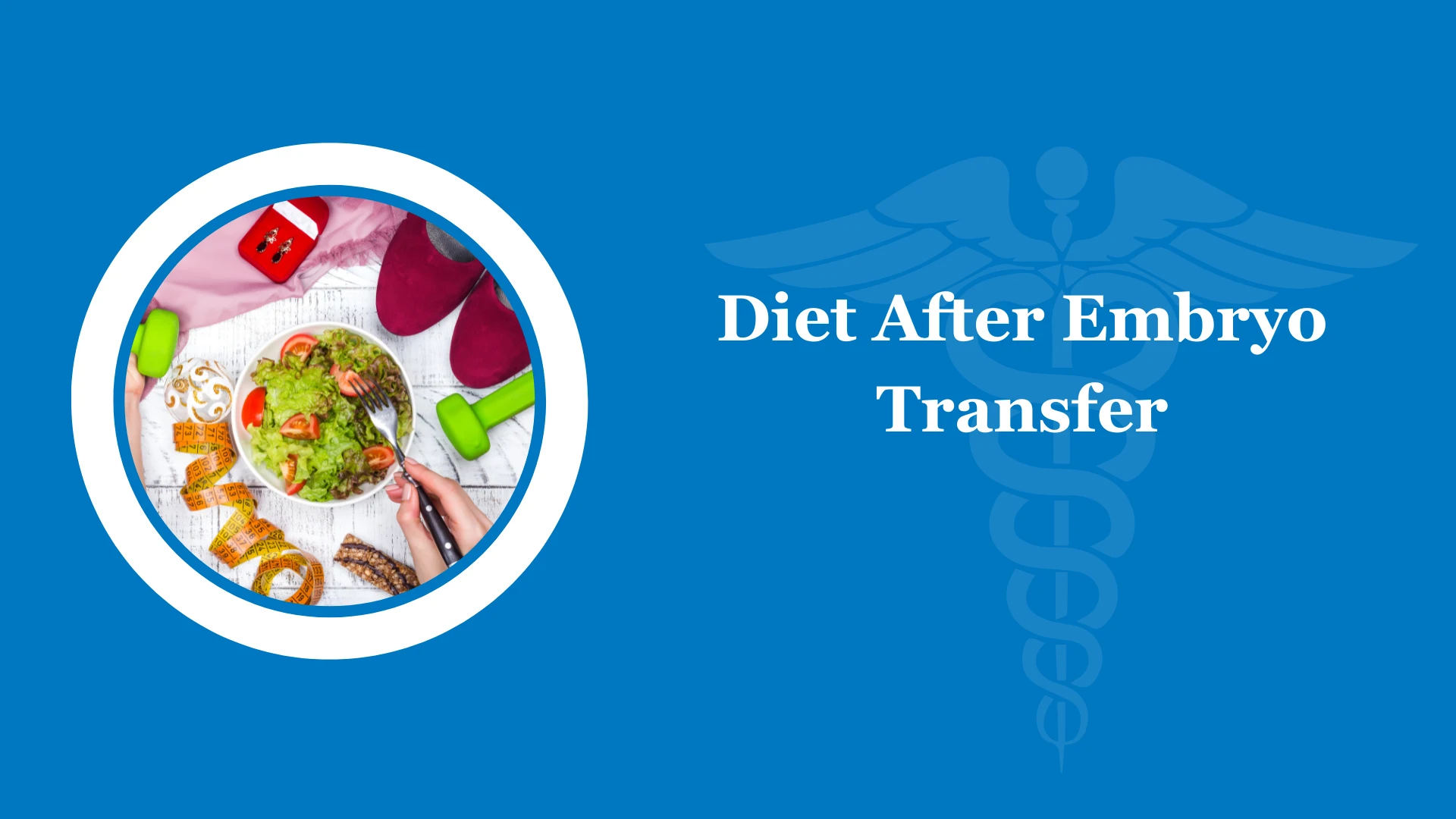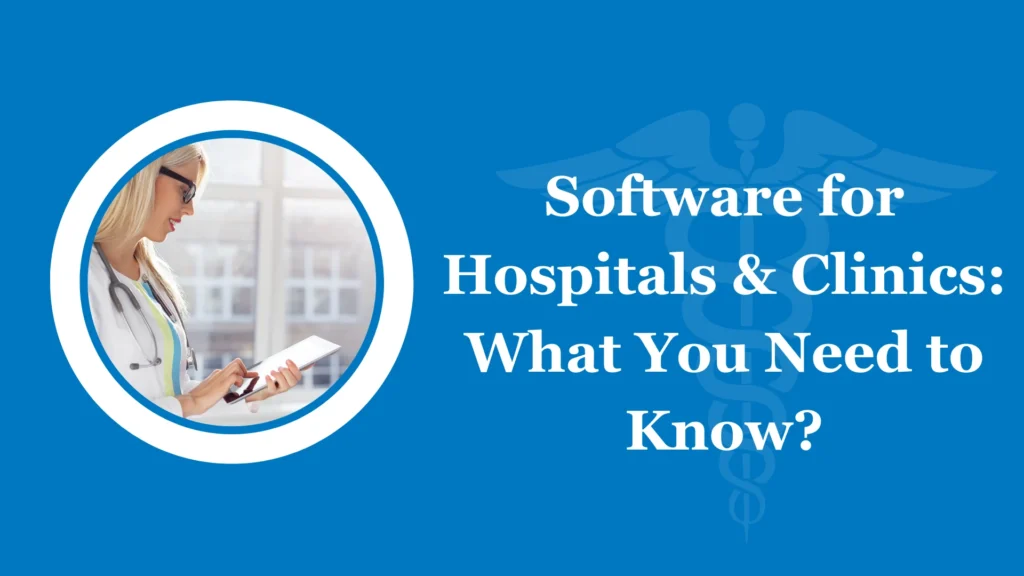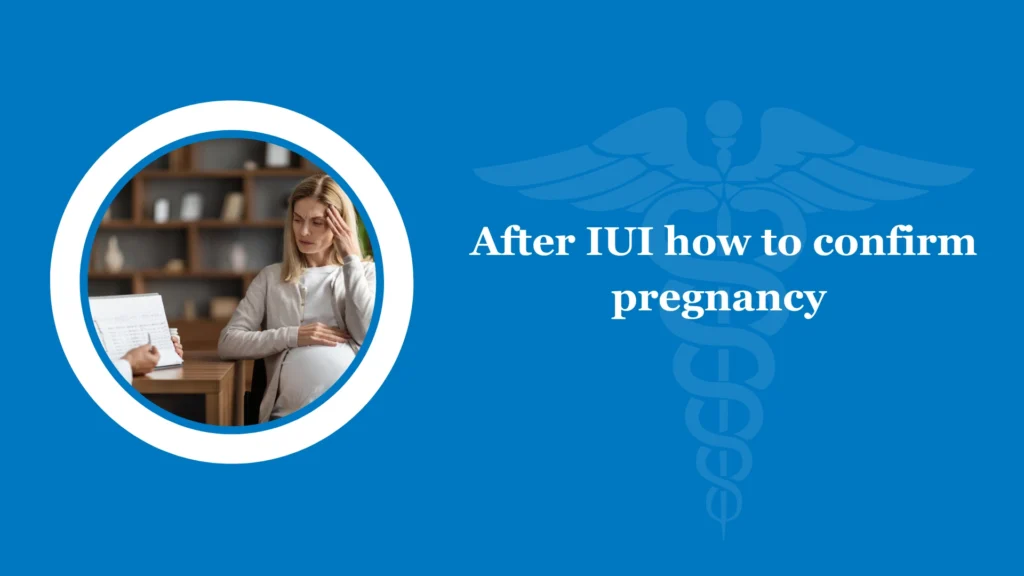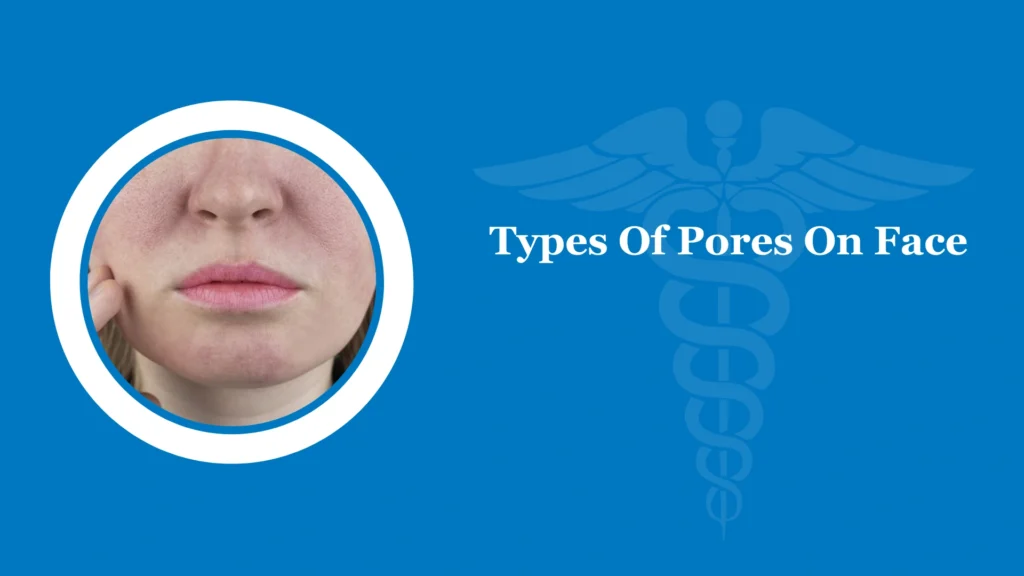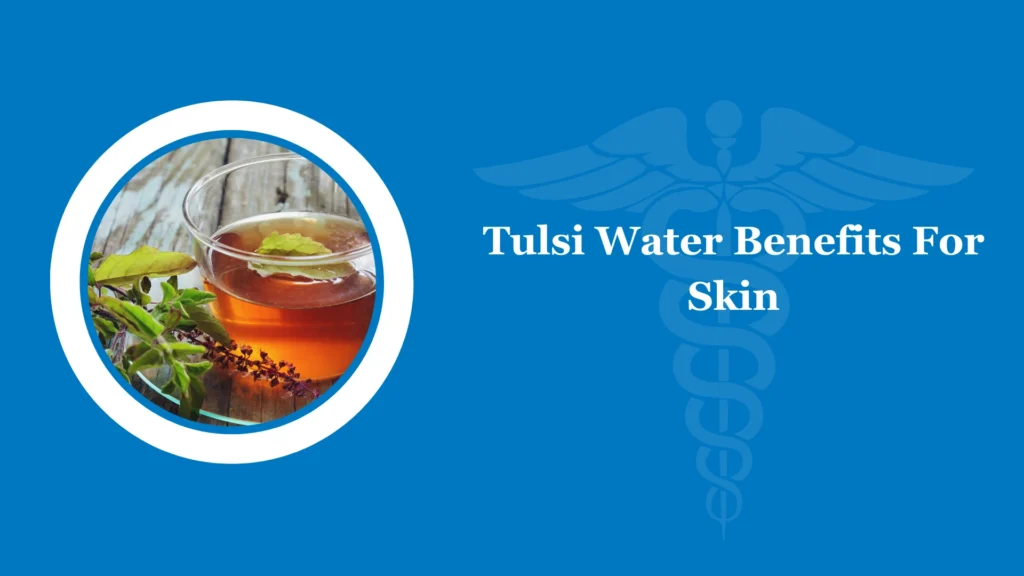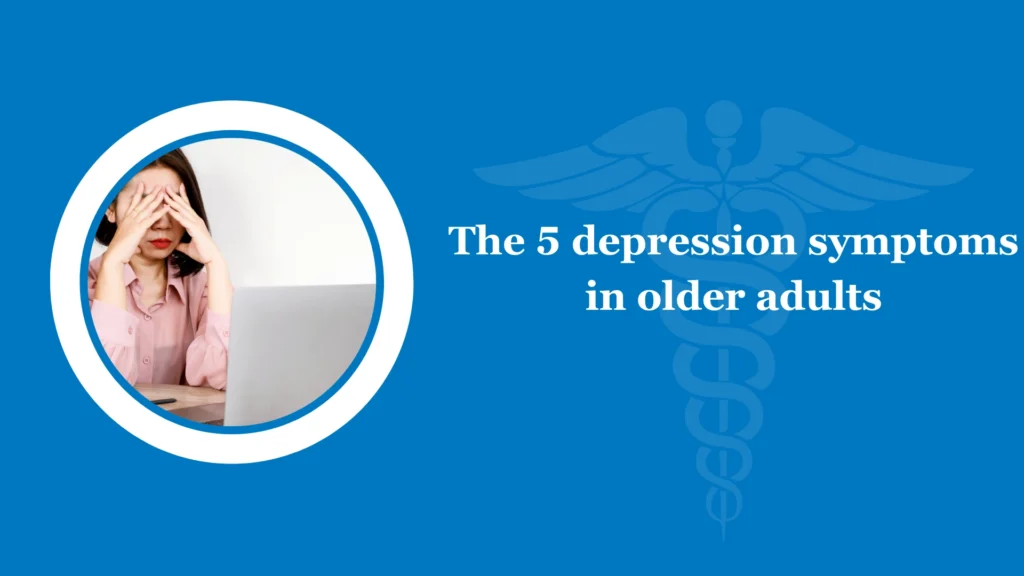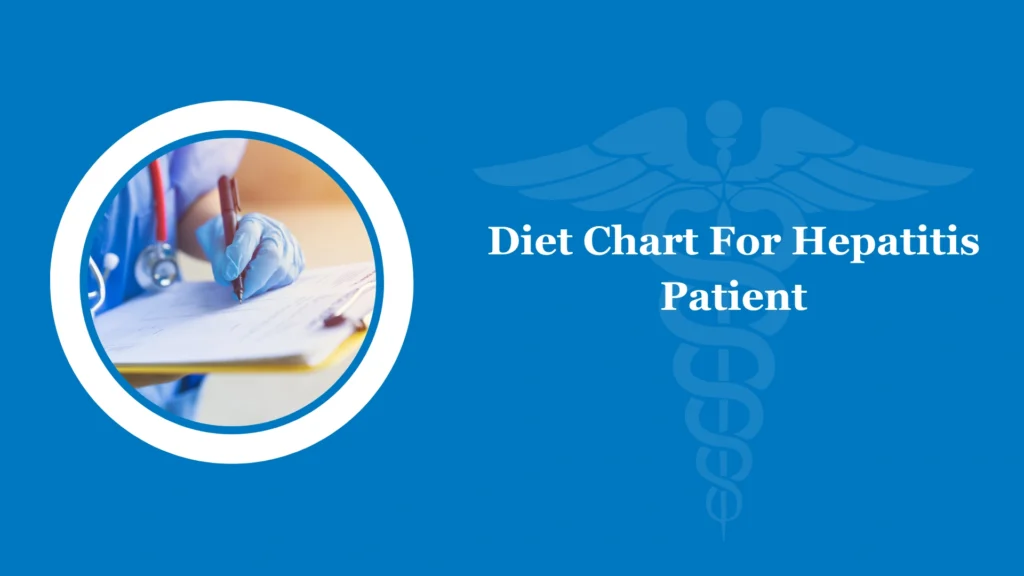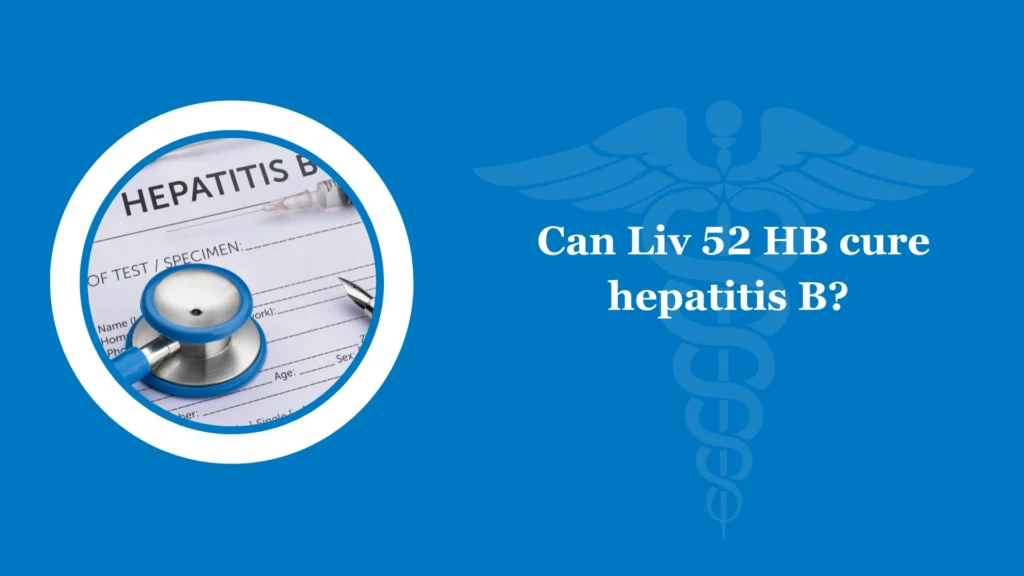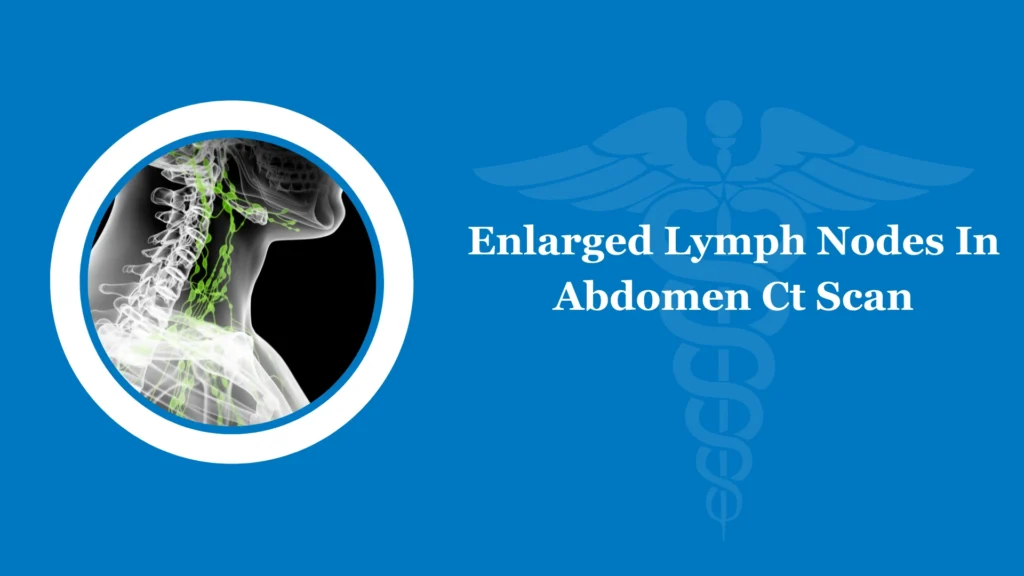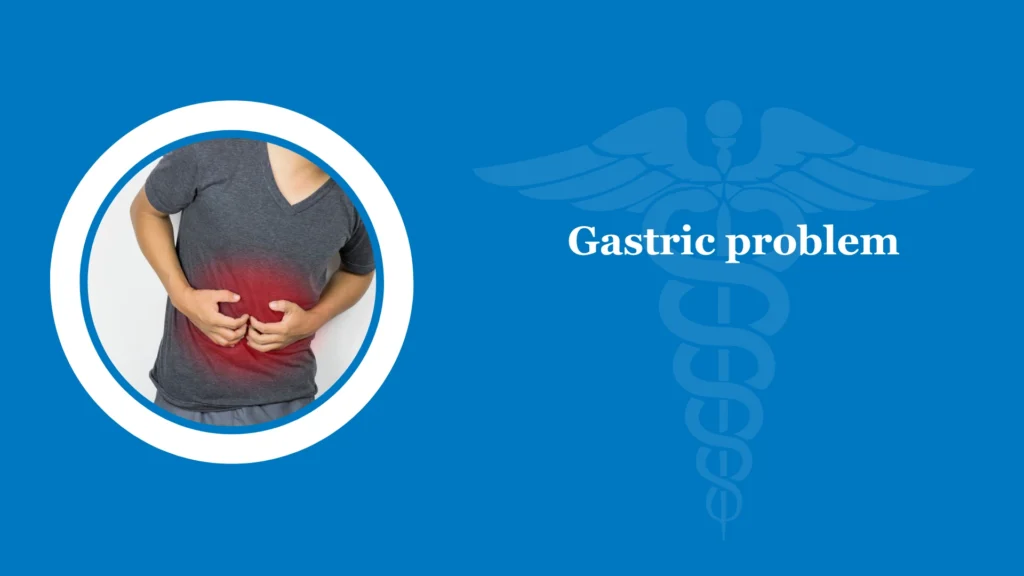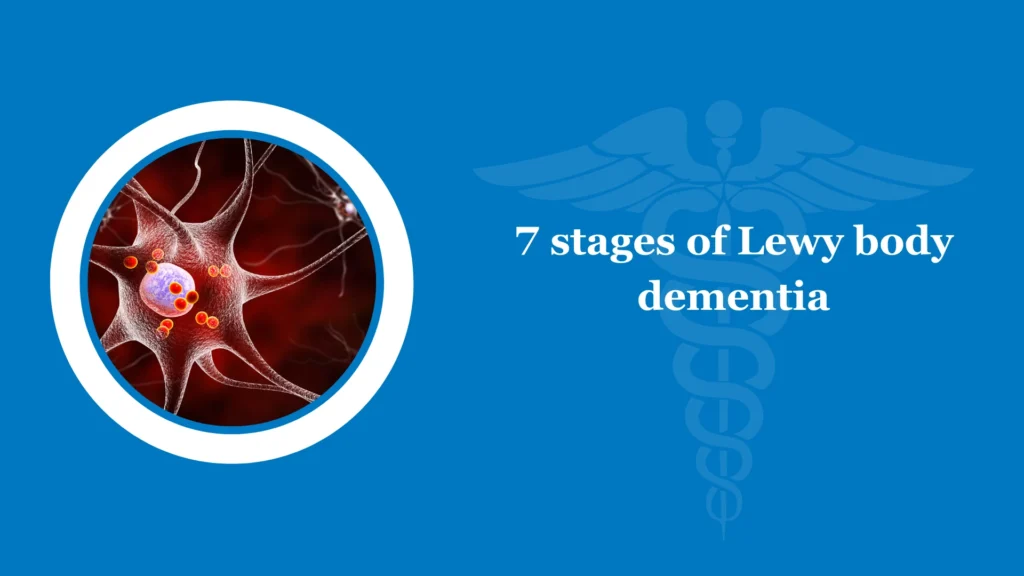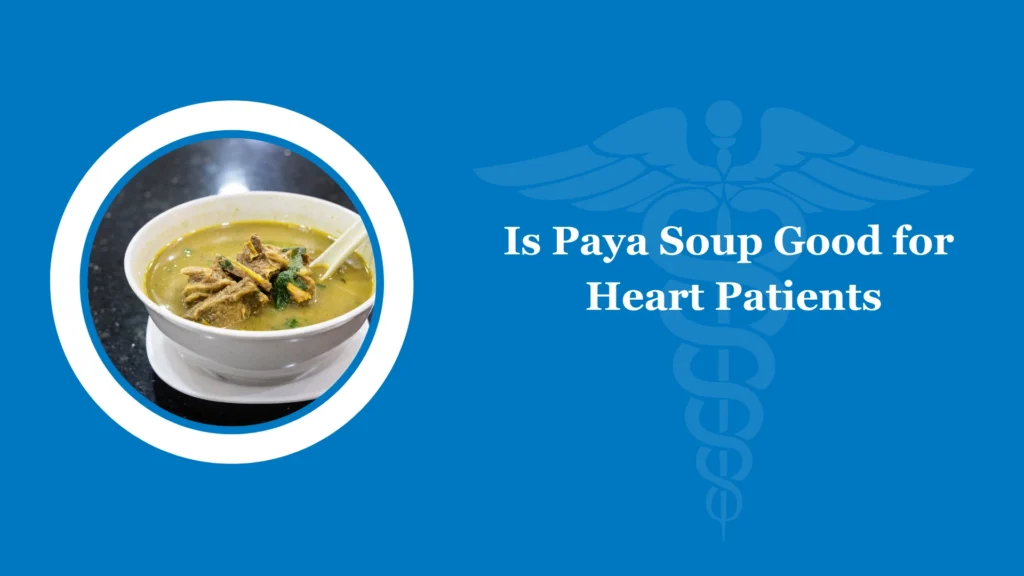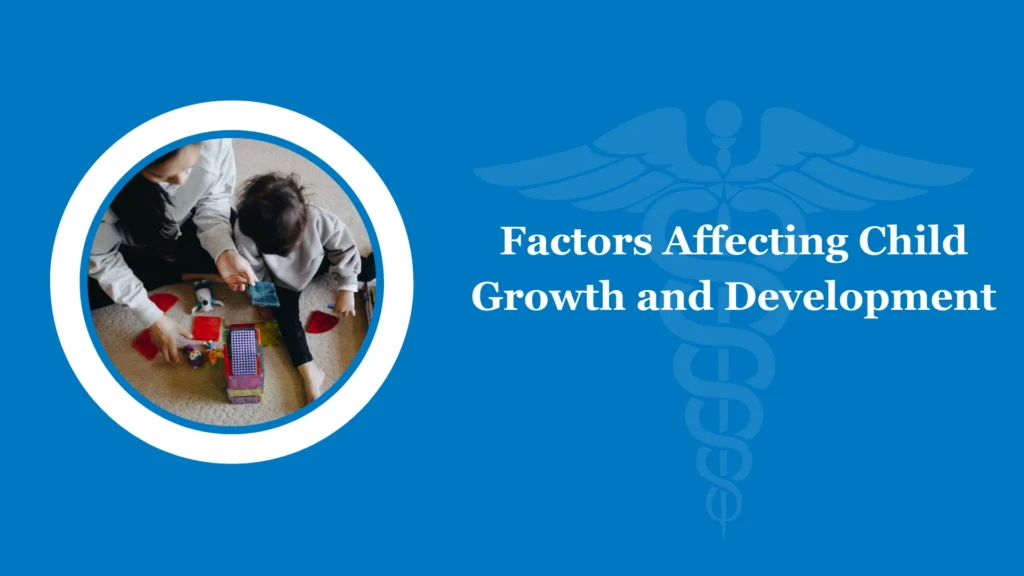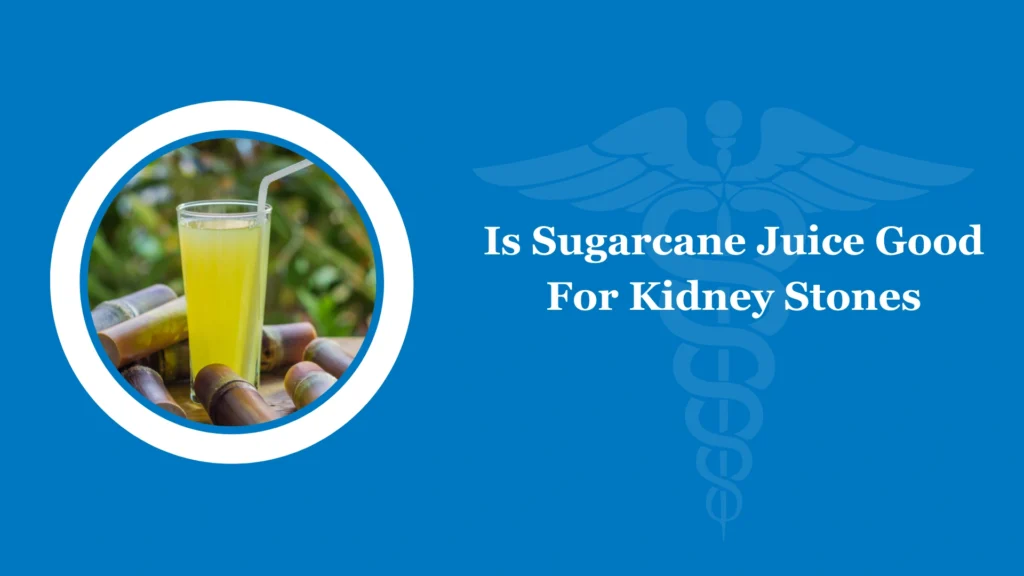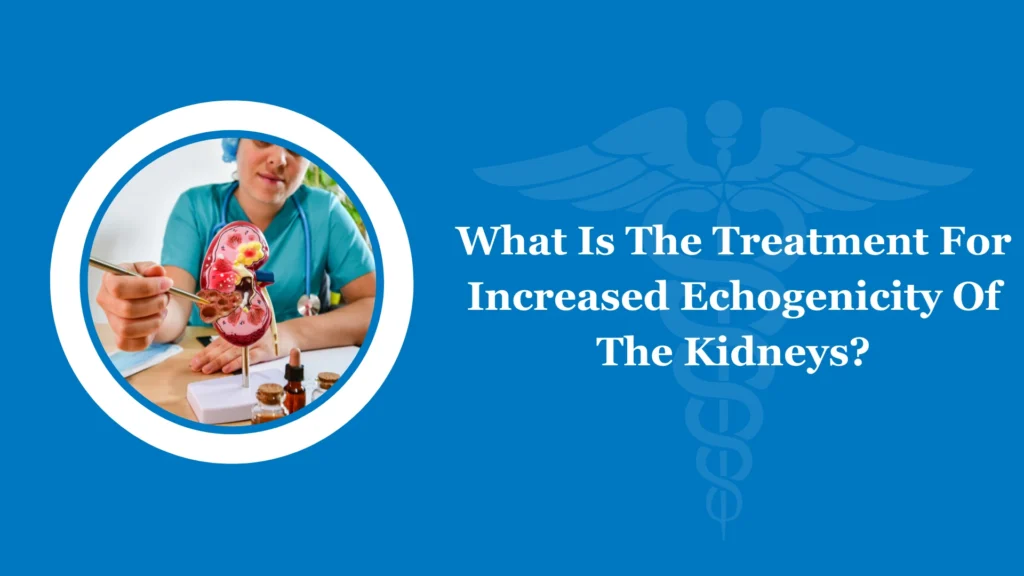In Vitro fertilization (IVF) is an advanced technique used to treat infertility issues. Though the success rate of IVF relies on the quality of the embryo, the diet also matters for pregnancy outcomes. Of course, a person may go through mood swings and stress throughout the treatment session. Enjoying healthy food calms down their physical and mental health.
However, there are a lot of myths spreading like forest fires outside about what to eat and what shouldn’t eat after embryo transfer. The reality is every person’s health condition is unique and they need a different range of macro, micronutrients and calories. Still, there are some common diets and exercises suggested by infertility experts and those are listed below:
What to Include in Diet After Embryo Transfer?
After embryo transfer, including these lists of food in your diet provides energy and refreshment
Necessary Nutrients
Foods like lentils, spinach, and asparagus are enriched with Vitamin B and folate essential for embryo development. Consuming essential nutrients is paramount to support the brain and spinal cord development of the baby.
Protein
Proteins are considered as the building blocks of the human body and typically encourage growth and reproductive function. However, a woman during pregnancy must have a good source of proteins like legumes, fish, nuts, tofu, sprouts, and cheese. Generally, it is advisable to have 1 to 2 gm per kg of body weight but it depends upon the physical activity of individuals.
Healthy Fats
Research states that women should have sufficient amounts of monounsaturated fats to have a live birth. Overall, healthy fats are the best choice for your fertility diet which can be extracted from plants and fish. A good fat in your body controls inflammation and supports healthy hormonal balance.
Healthy Fats Exist in:
- Nut butters
- Olives
- Chia seeds
- Tofu
- Fatty fish
- Whole Eggs
- Avocados
- Soymilk
Fruits and Vegetables
While talking about a healthy diet, how could you miss the fruits and vegetables? They are the primary sources of antioxidants and many micronutrients including potassium, iron, magnesium, and zinc. They all play a pivotal role in improving egg quality and regulating reproductive hormones.There are some fruits need to be avoided after embryo transfer.
Complex Carbohydrates
Intaking essential fibre and nutrients is important after embryo transfer. Such sources are majorly provided by whole grains such as heated bread, brown rice and quinoa. These complex carbohydrates encourage hormonal balance and regulate blood sugar levels.
Hydration
Water is essential to prevent the risk factors associated with indigestion and acid reflux. Insufficient water content in the body may tend to uncover worse experiences and several mothers were faced during pregnancy.
Foods to Limit or Avoid
Be mindful of these foods after embryo transfer to keep yourself safe and healthy.
Caffeine
It is good to limit your tea and coffee after embryo transfer. Excessive caffeine consumption is harmful to implantation.
Processed Foods
Processed foods can carry unhealthy additives and fats into your body, it is completely unsafe. Intake of natural food is highly recommended.
Raw or Undercooked Foods
Avoid raw or undercooked foods that cause risk to your health and success rate of pregnancy after embryo transfer. It may contribute to inflammation and stomach upset.
Foods High in Mercury
As mentioned earlier, fish is a good choice for your diet after IVF but be cautious of its mercury level. Some fish varieties like swordfish and shark have high mercury levels.
Soy Products
Minimize soy foods that contain rich compounds that might have a chance to interfere with hormones.
Conclusion
Your journey through IVF is very crucial and hard. It is important to focus on your food habits to keep your health safe and trouble-free for a successful pregnancy journey. The aforementioned food suggestions are common and important to consider yet consult your healthcare provider for personalized guidance.
